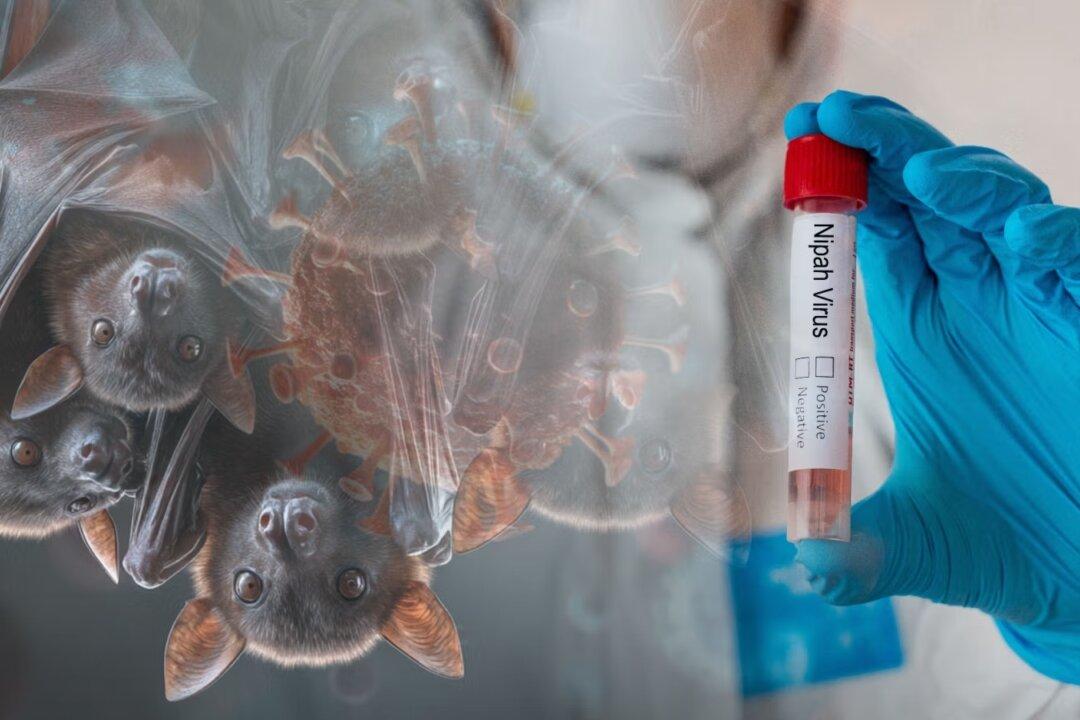Commentary
International public health is a mess. Once seen generally as a public good, the focus of the World Health Organization (WHO) now more closely resembles a scheme for extracting private profit from the public purse. Wealthy corporations drive a “public-private partnership” agenda, the foundations of the rich determine global priorities, and a propagandized public is ever more removed from decision-making regarding its own well-being.





